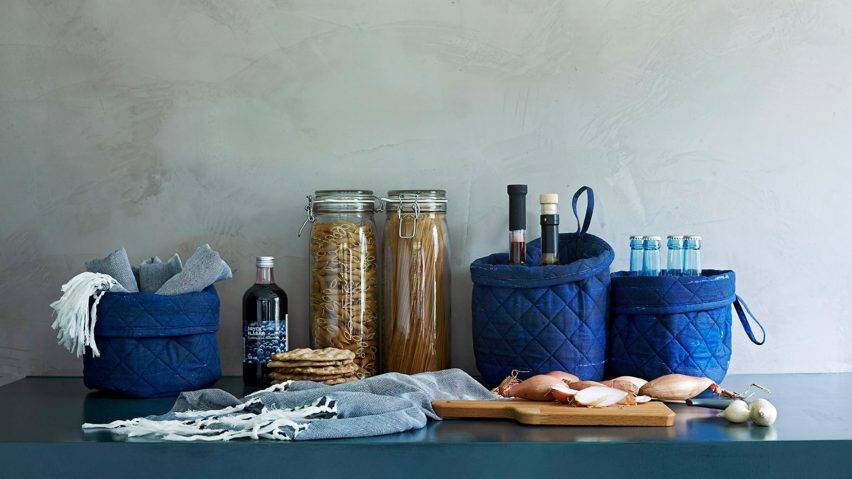
IKEA supports marginalised women in India with handmade homeware collection
Banana-fibre baskets and handwoven textiles feature in IKEA's seventh Innehållsrik collection, made in collaboration with small-scale producers in India.
The indigo-themed Innehållsrik collection is spearheaded by the Swedish brand's IKEA Social Entrepreneurs initiative – a programme set up in 2013 to establish long-term partnerships with social enterprises that help marginalised people all around the world.
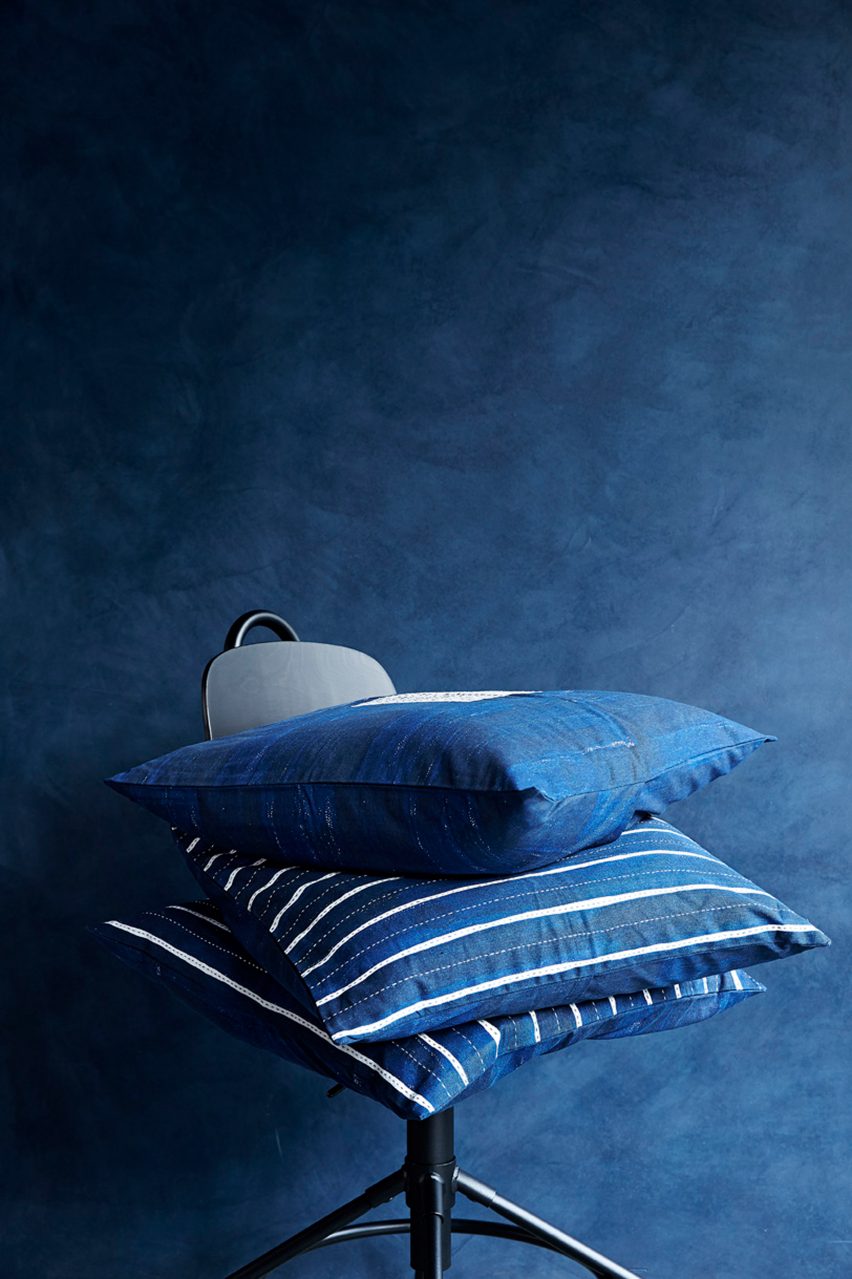
For the latest edition of Innehållsrik – meaning "comprehensive" in Swedish – IKEA Social Entrepreneurs worked with two social enterprises in India, called Rangsutra and Industree.
Both Rangsutra and Industree work with artisans in India to nurture local handcraft traditions. Rangsutra employs over 3,000 skilled artisans, 500 of which are engaged in the production of the IKEA collections.
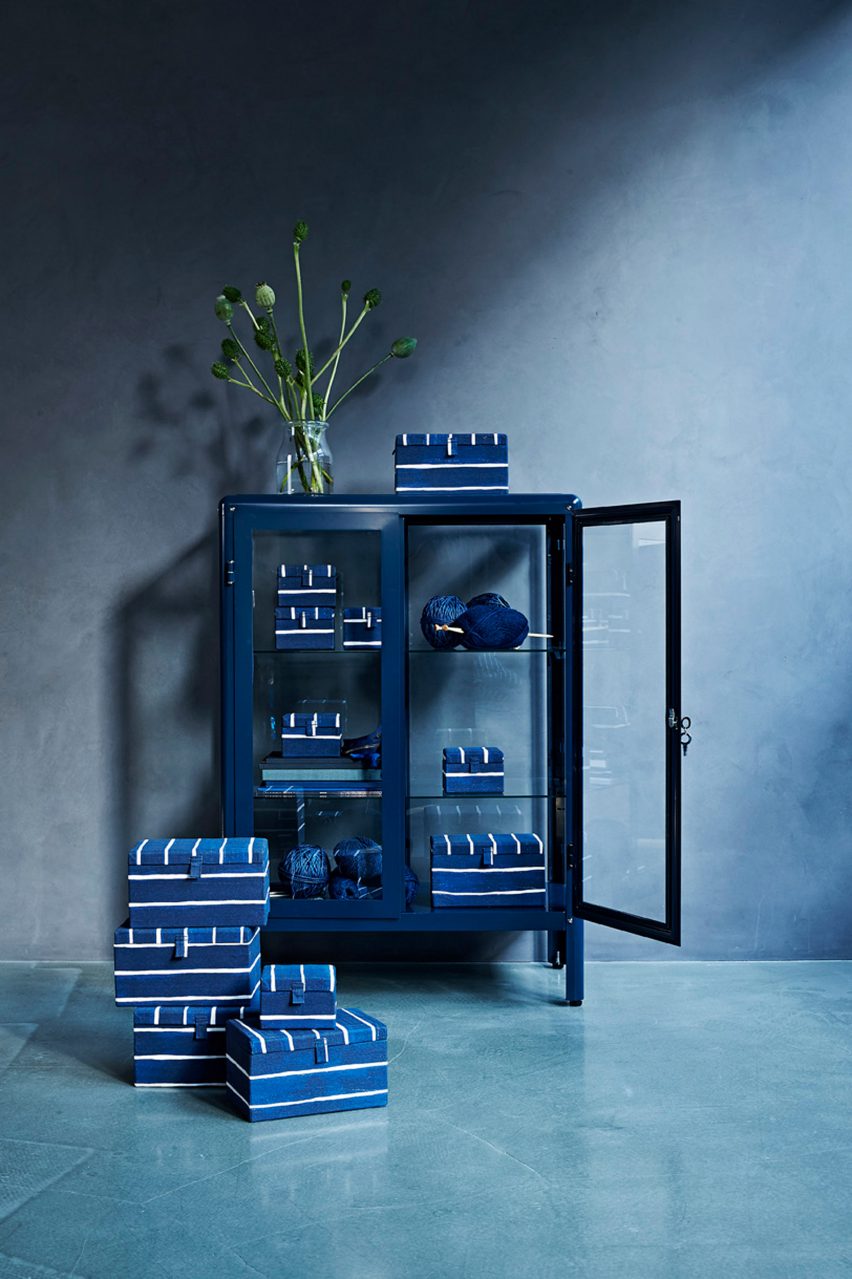
Meanwhile, Industree supports the livelihoods of around 600 artisans. Of these, 510 are engaged in the production of the IKEA collections and 80 per cent are women.
The production of the Innehållsrik collection provides work for the skilled female artisans, helping them to improve their everyday living standards and move from dependency to independence.
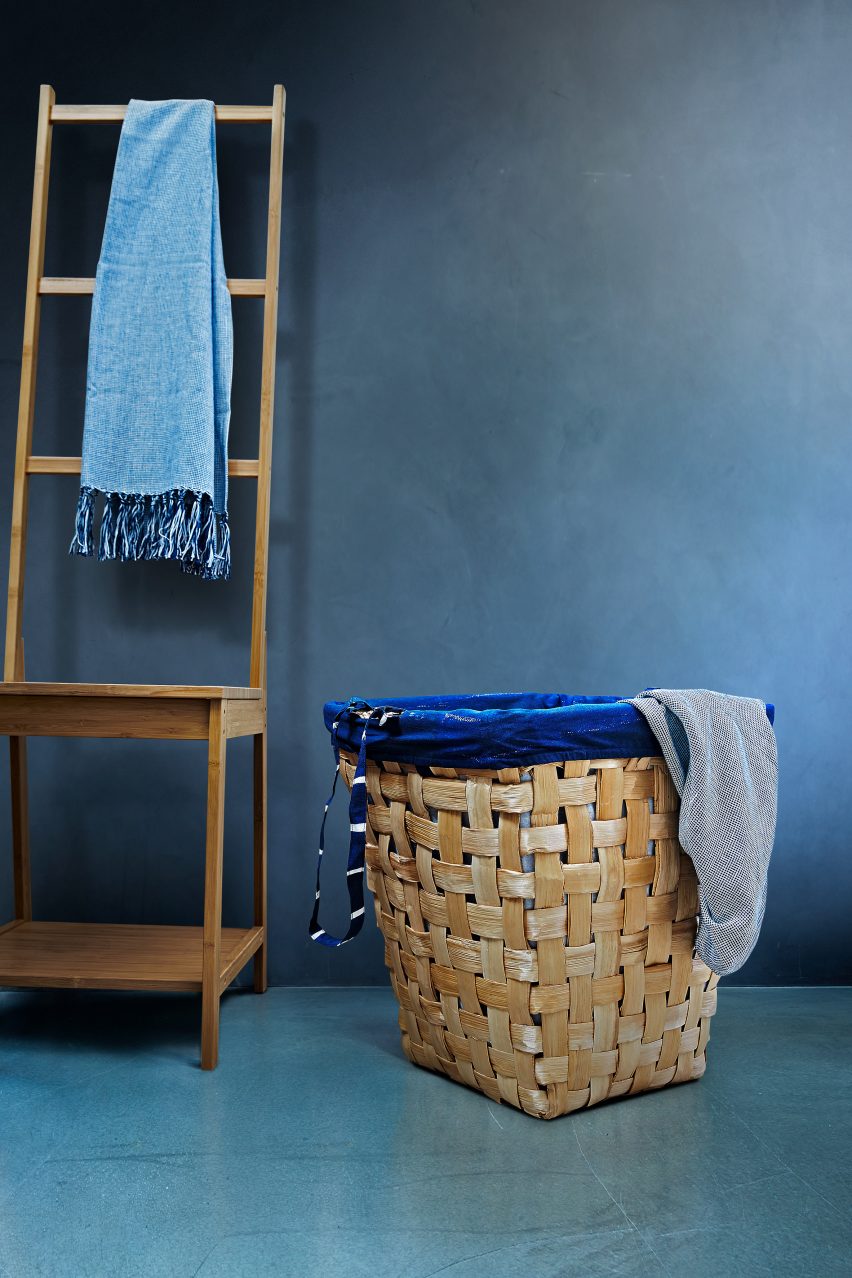
The collection was designed by product developer Stina Engler and designer Sarah Fager, and developed together with the artisans at Rangsutra and Industree.
As well as the banana fibre baskets, it includes handwoven and hand-embroidered blankets, towels and cushion covers.
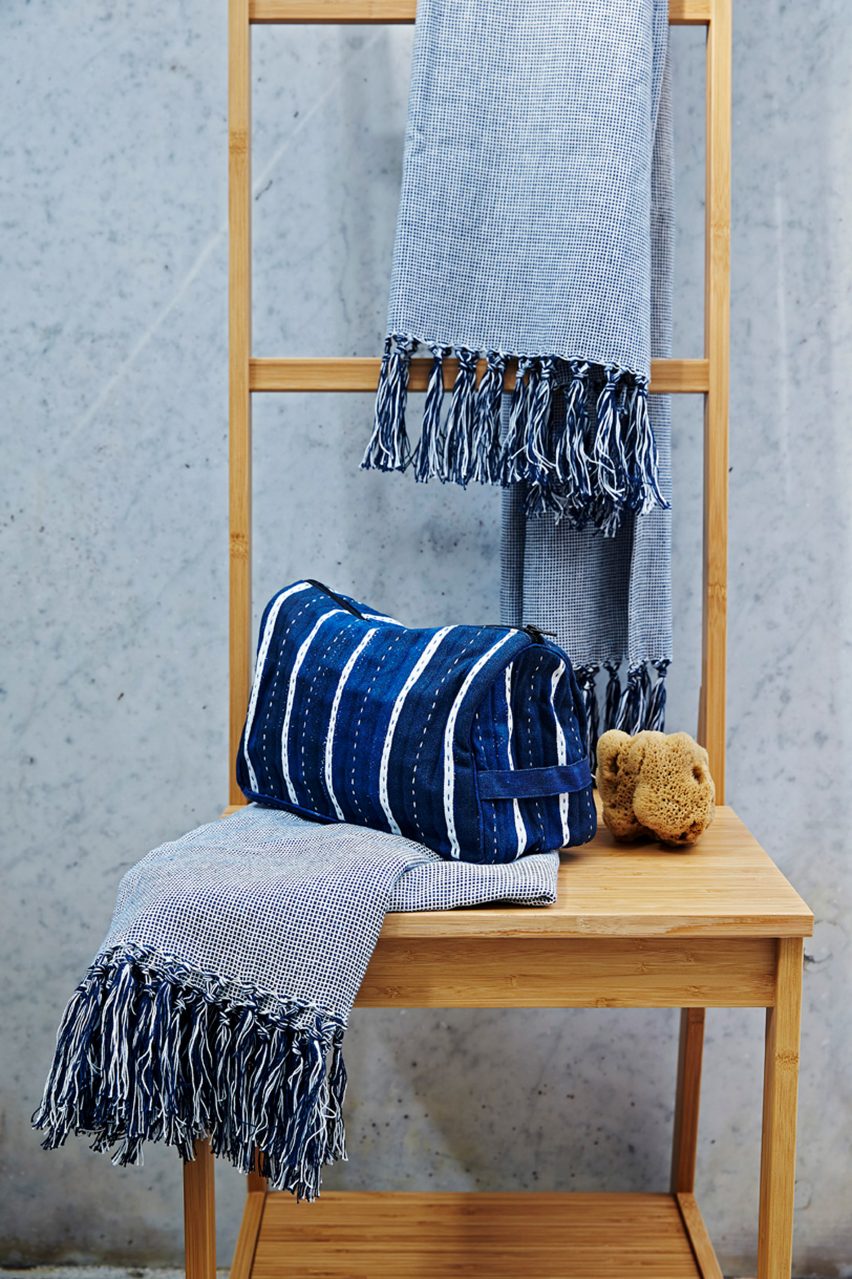
"We'd already decided that we wanted Innehållsrik to have a beachy theme with a blue colour and natural materials, but it wasn't until we travelled to New Delhi that the collection really came alive," said Engler of the design process.
"We saw these amazing blue patterned textiles which just spoke to us straight away. And then meeting the artisans, we were able to bounce ideas off each other, decide on embroidery and what type of weaving to use."
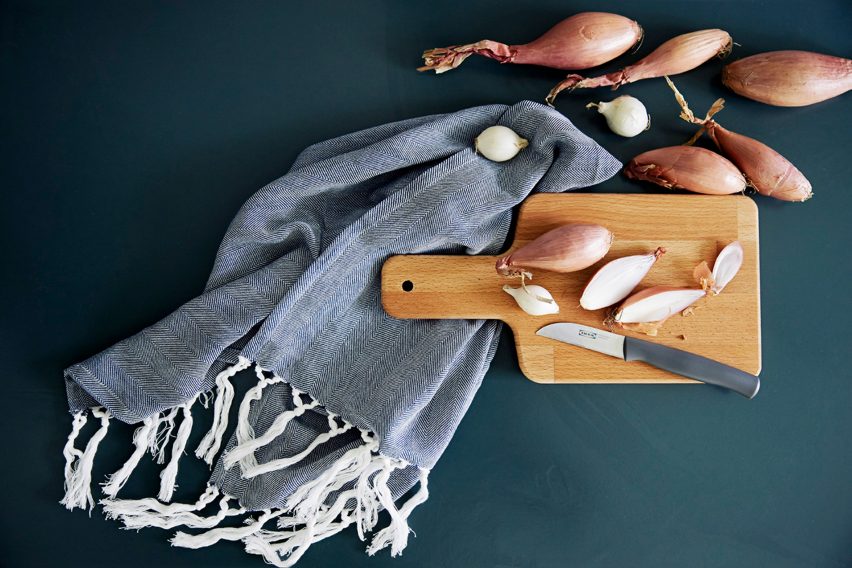
Since 2013, the number of IKEA social enterprise partners has grown from four to 17. Today, IKEA says it contributes to the livelihoods of more than 10,500 people through its partnerships with social enterprises.
"To support the development of our social enterprise partners and to help them grow, we work closely together to share knowledge about design, production, environmental management, export and much more," said IKEA.
"Most importantly, the social enterprises gain access to a global marketplace – the IKEA stores and online platforms – providing a strong foundation for self-sufficiency and independence."
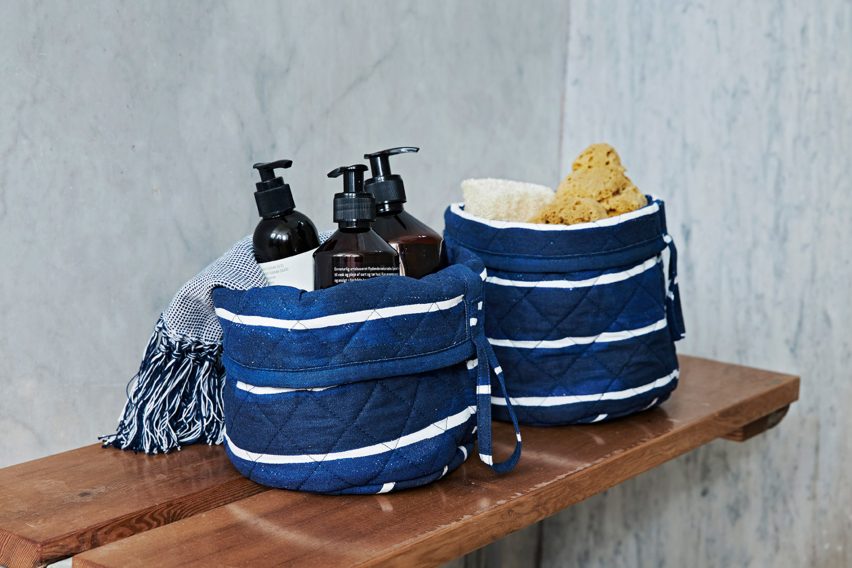
The Innehållsrik collection is made up of 18 products that will be sold at select IKEA stores.
The handmade items are priced in line with the rest of IKEA's affordable mass-produced items. An Innehållsrik throw costs £25, the bath towel is £12.50, while a set of textile-lined boxes with a lid are £7 each.
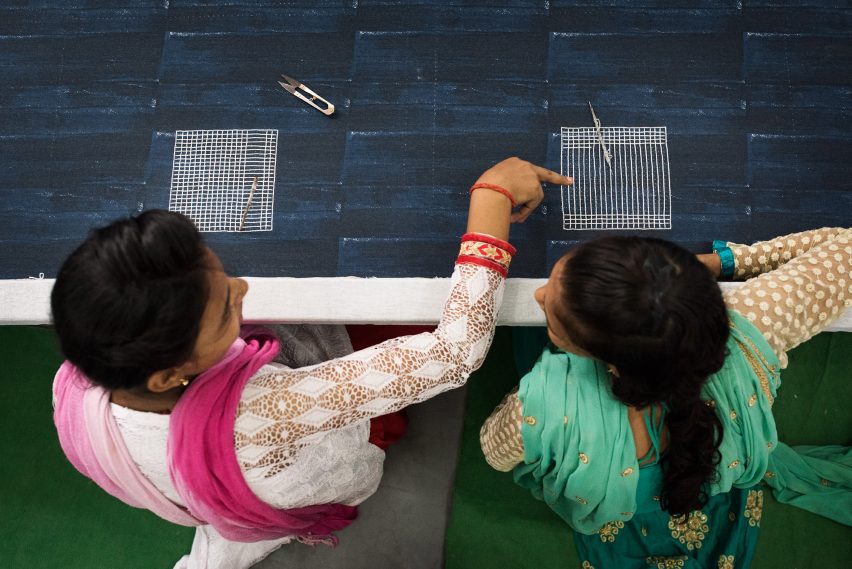
IKEA, which ranked at number one on Dezeen Hot List 2017, now has a whole host of philanthropic ventures under its belt.
The most high-profile of these are its refugee shelters, designed to offer an alternative to the unlockable tents that are more commonly used to house victims of displacement. Despite some setbacks, including concerns about the product's vulnerability to fire, the project won the Design of the Year prize in 2016.
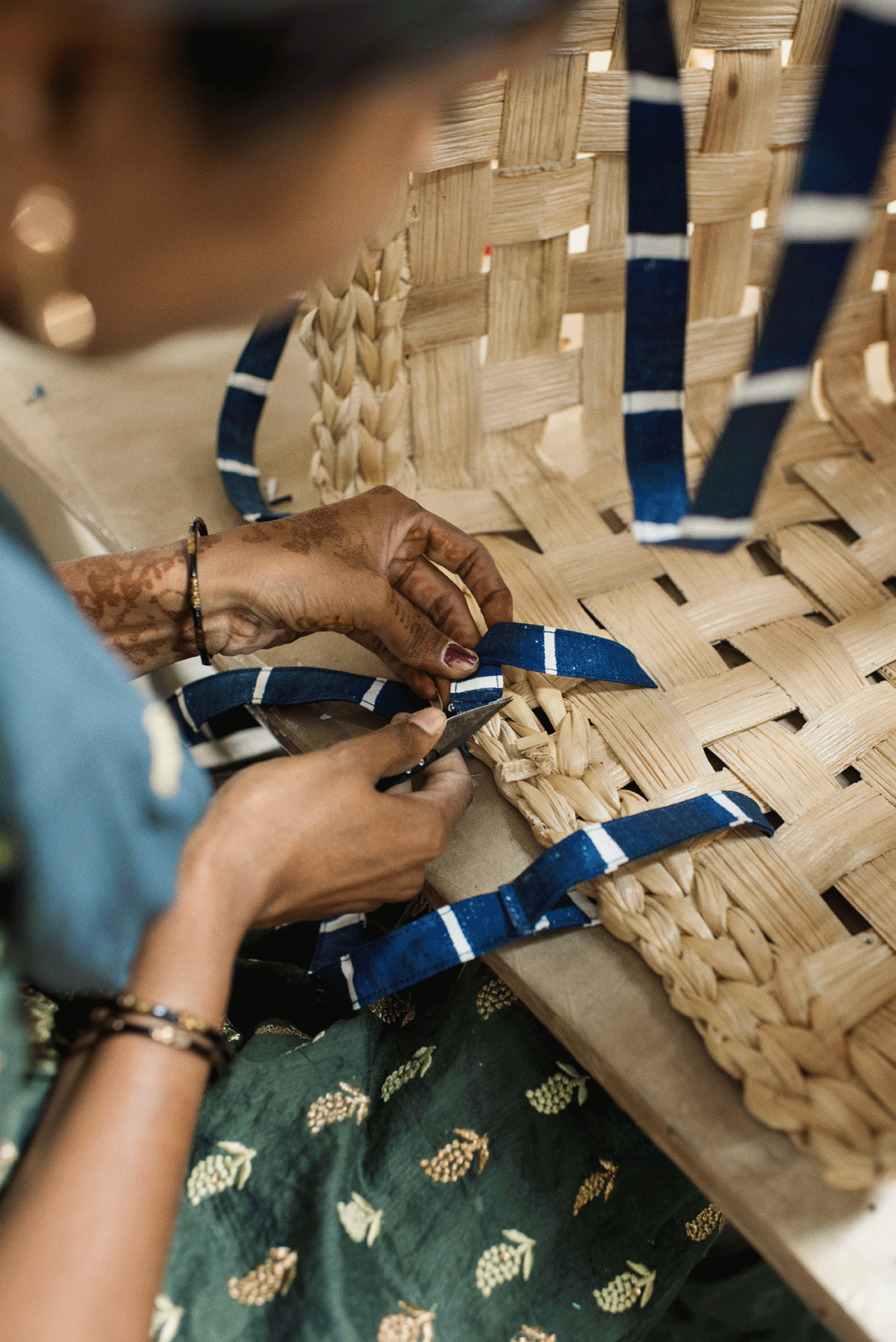
Last year, the Swedish brand announced that it would employ refugees at production centres in Jordan as part of a long-term plan to create employment for 200,000 disadvantaged people around the world through social entrepreneurship programmes.
And, in 2016, the company worked with the Red Cross to build a replica of a real Syrian home inside its Norwegian flagship store. It was intended to give customers a realistic glimpse of what life is like in the war-torn country.